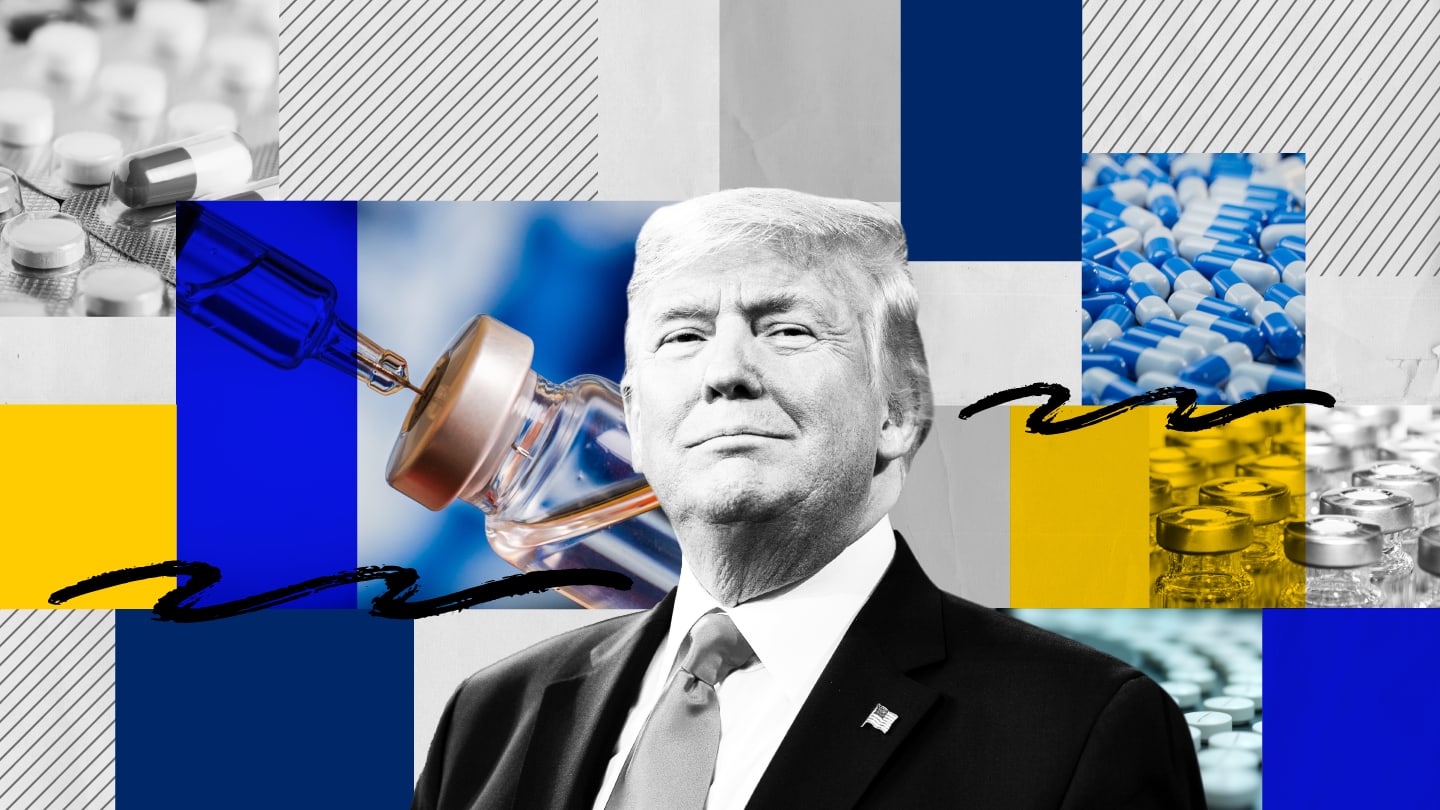
The Trump administration has announced a 15 percent tariff on pharmaceuticals imported from the EU, marking the first time medicines are subject to duties despite a WTO agreement requiring tariff-free trade in pharmaceuticals. The European Federation of Pharmaceutical Industries and Associations (EFPIA) condemned the move as a “blunt instrument,” warning it will disrupt supply chains, curb R&D investment in Europe, and restrict patient access to medicines on both sides of the Atlantic. Trade experts also argue the new tariff breaches WTO rules.
EFPIA claims that more targeted and enforceable mechanisms exist to ensure equitable financing of pharmaceutical innovation, and that blanket tariffs are an unnecessary and counterproductive tool.
An EFPIA statement says, “If the intent is to secure pharmaceutical investment in research, development and manufacturing, rebalance trade and ensure a fairer distribution of how global pharmaceutical innovation is financed, then there are more effective means than tariffs that would help, rather than hinder, global advances in patient care and economic growth. From a European perspective, it means rethinking how we value innovation, significantly increasing what the region spends on innovative medicines and creating an operating environment that can accelerate turning Europe's great science into new treatments.”
EU trade associations have agreed not to respond with retaliatory tariffs on US drug imports, but confusion over how the sector is treated under the new US-EU trade agreement remains, with divergent interpretations on both sides concerning medicine tariff exemptions.
European Commission President Ursula von der Leyen claims that 15 percent is a maximum, not a starting point. She says, “We have stabilised on a single 15% tariff rate for the vast majority of EU exports. This rate applies across most sectors, including cars, semiconductors and pharmaceuticals. This 15% is a clear ceiling. No stacking. All-inclusive. So it gives much-needed clarity for our citizens and businesses. This is absolutely crucial.”
Ireland’s TaoiseachMicheál Martin specifically warned of the potential damage a trade conflict could inflict. He cautioned that the tariff could undermine long-standing cooperation and destabilize existing trade and regulatory frameworks, but echoed Von der Leyen’s statement. “New realities are in play,” he said to media, “and so at a broader level, the stability and predictability that this agreement brings is important for businesses, is important for consumers and indeed patients when it comes to the manufacturing and distribution of medicines.”




